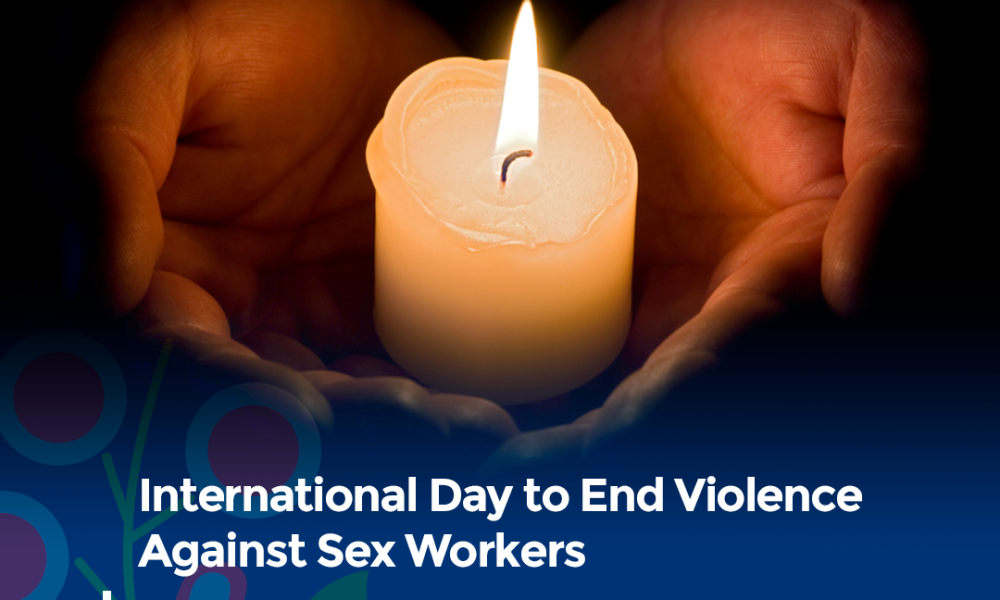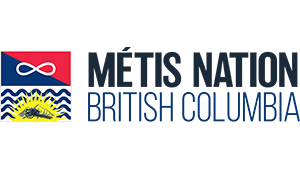
Content Warning - violence against Indigenous women, girls and 2SLGBTQQIA+ people. If you find yourself struggling with the content take care, take time, and return when and if you feel ready.
December 17th is recognized as the International Day to End Violence Against Sex Workers which started in 2003 as a memorial and vigil for the 48 victims of a serial killer in Seattle, Washington, the women were targeted not only because they were sex workers but because they had less protection and access to safety which made them “easy” targets. International Day to End Violence Against Sex Workers aims to raise awareness of the barriers to safety faced by sex workers and end stigma that leads to the discrimination and criminalization of people who engage in the sex industry.
The National Inquiry into Missing and Murdered Indigenous Women, Girls and 2SLGBTQQIA+ people (MMIWG2S+) identified that Indigenous women, and 2SLGBTQQIA+ people make up a make up the majority of people who engage in sex work. The Inquiry also found that the criminalization of sex work (not to be conflated with exploitation and trafficking) severely impacted access to safety by forcing people away from areas with good lighting and large population densities and increasing barriers to reporting violence and accessing care and support after experiencing violence due to fear of arrest. The Evaluation Sex Work Laws in Canada report identified that the threat of arrest deceased the amount of time workerswere able to assess their safety by gauging the client’s sobriety, negotiating terms such as the services to be offered and the use of condoms, and scanning the interior of a vehicle to ensure that door handles are in place and that nothing is hidden in the back seat.
The National Inquiry also identified that missing person reports were not taken seriously or properly investigated due to the stigma around sex work, and that “the rights to safety and security of Indigenous women and 2SLGBTQQIA people in the sex industry are not being recognized and protected.”
At a truth-gathering at WISH Drop-In Centre in Vancouver, Indigenous women and 2SLGBTQQIA+people working in the sex industry in the Downtown Eastside during the time of the Inquiry shared their perspectives on much needed access to supports and services which included: “health care, counselling, addictions services, and legal services; opportunities and spaces in which to learn and practice traditionalculture and language; and improved response from the police in recognizing the knowledge held by sex workers."
The federal, provincial, and Indigenous governments; organizations, institutions, and Canadians citizens have a responsibility to end the systemic and societal violence against Indigenous women, girls and 2SLGBTQQIA+ people through the implementation of the 231 Calls for Justice identified by the National Inquiry.
For more information visit National Inquiry’s Final report, 231 Call for Justice, Evaluating Canada’s Sex Work Laws report. Visit Ending Violence Association of BC for access to regional resources and services and learn the Signal for Help.
If you or someone you know is in crisis:
VictimLinkBC Toll-Free Number 1-800-563-0808 (Call or text)
Trans Lifeline Toll-Free Number 1-877-330-6366
Métis Crisis line at 1-833-Metis-BC (1-833-638-4722)
